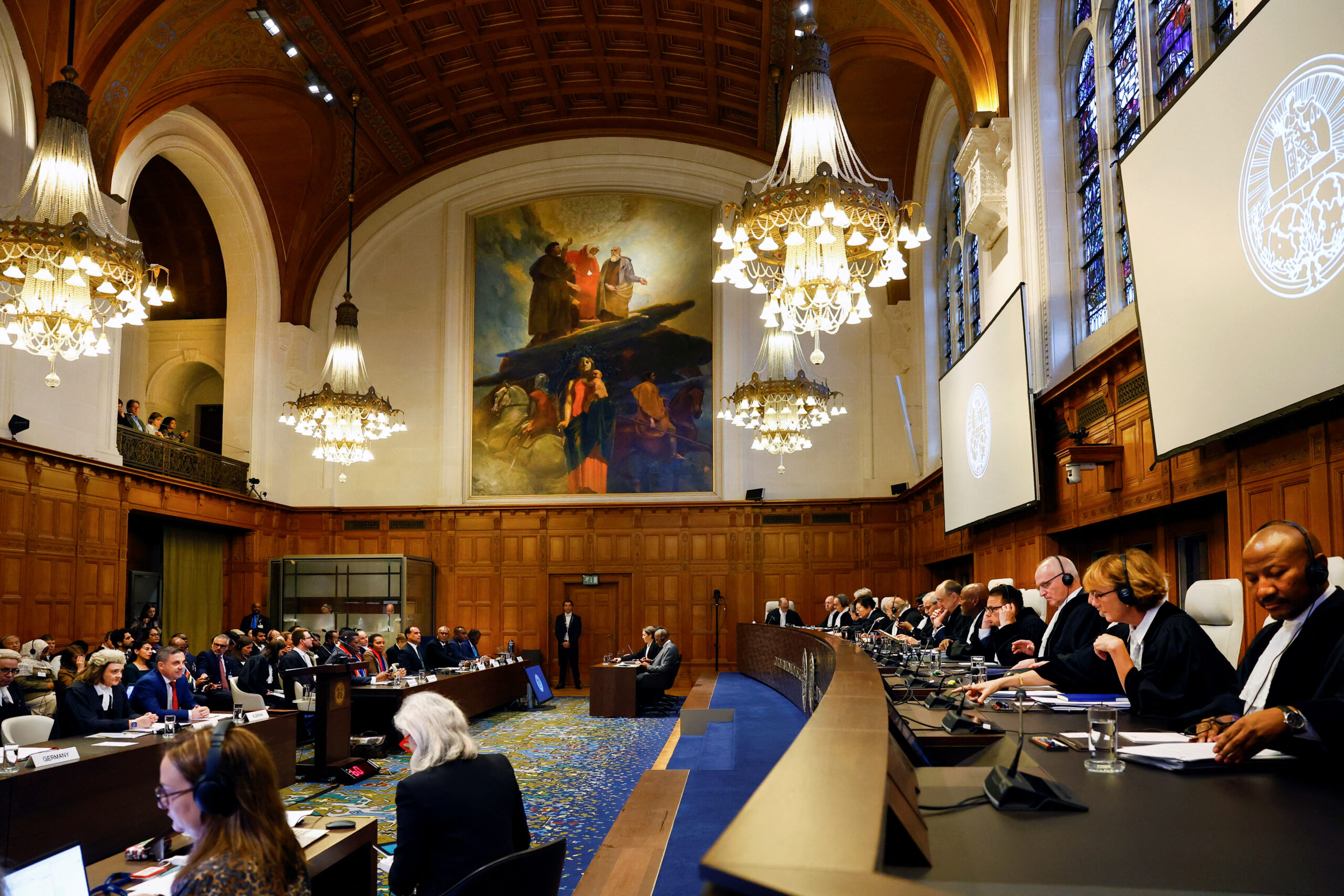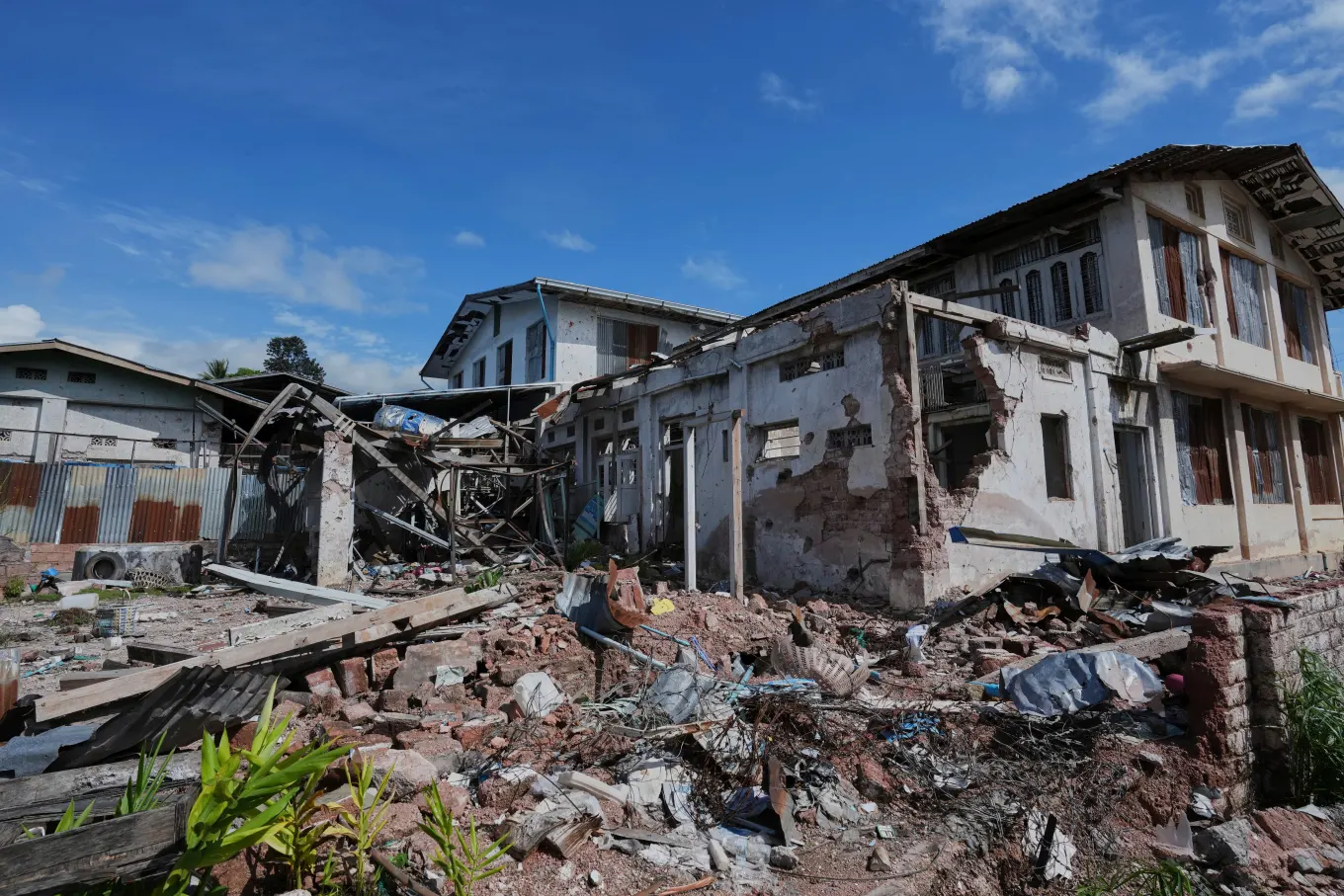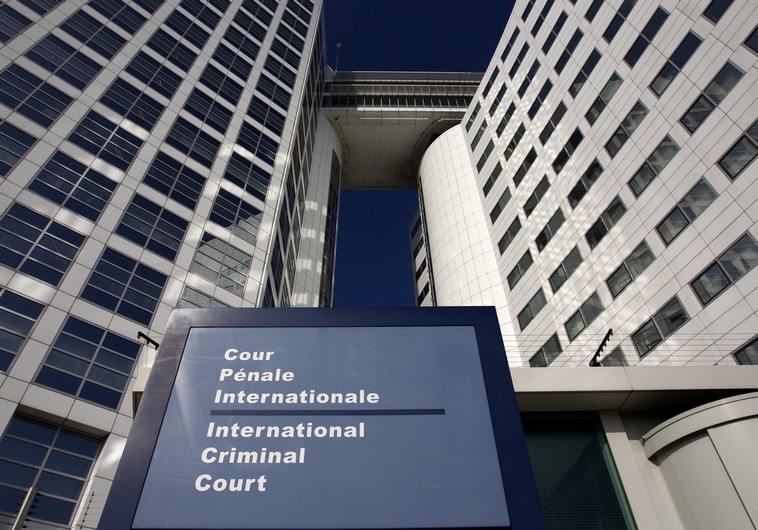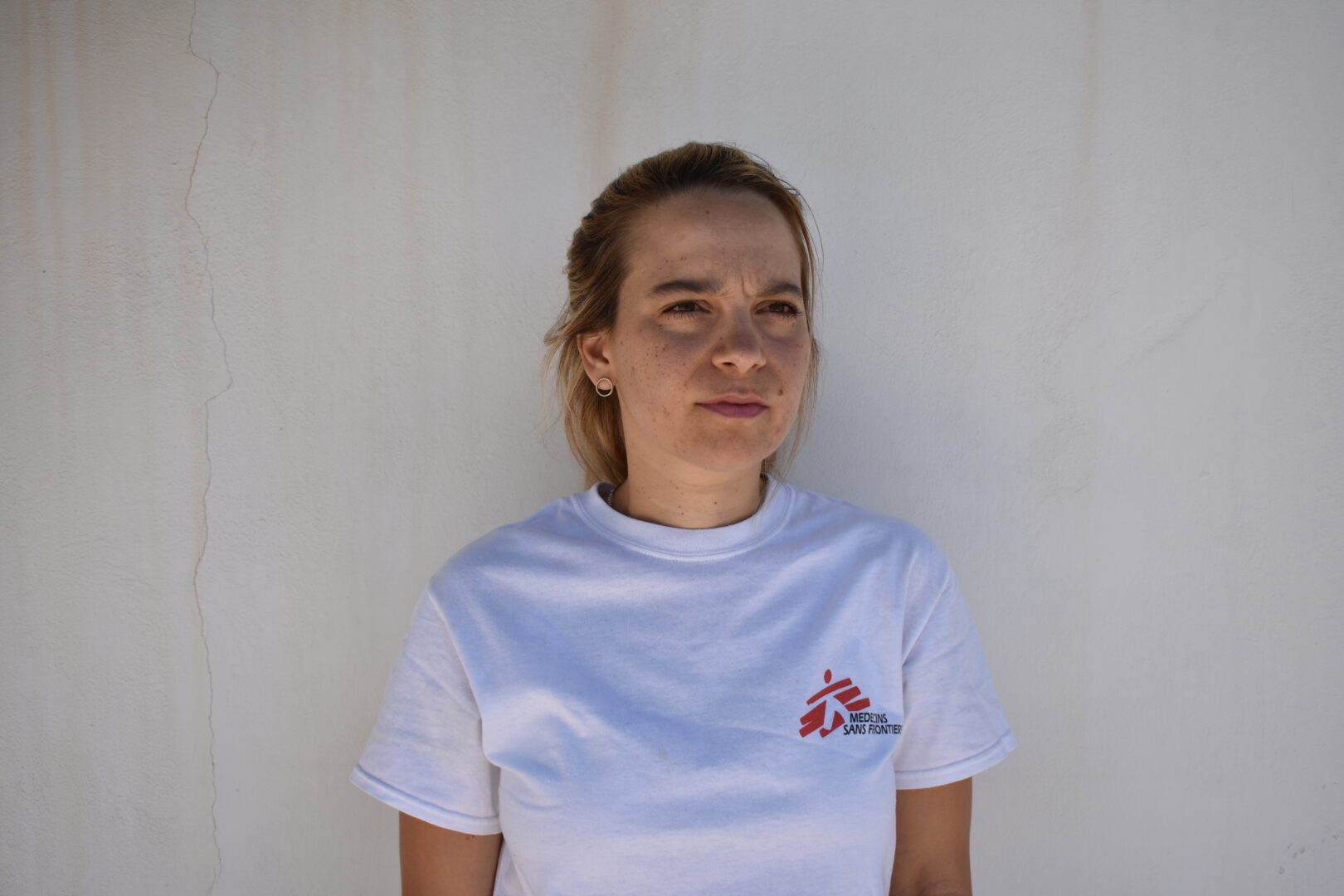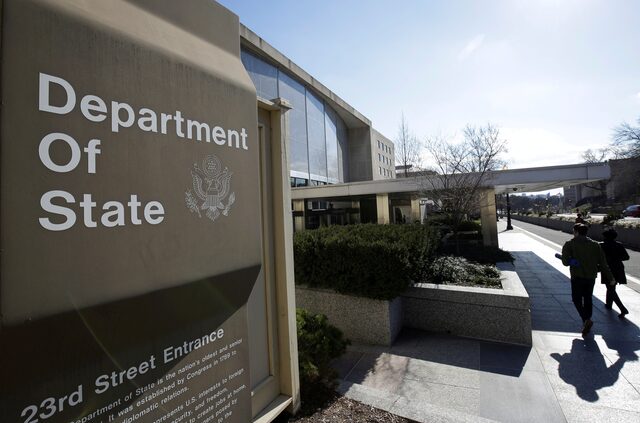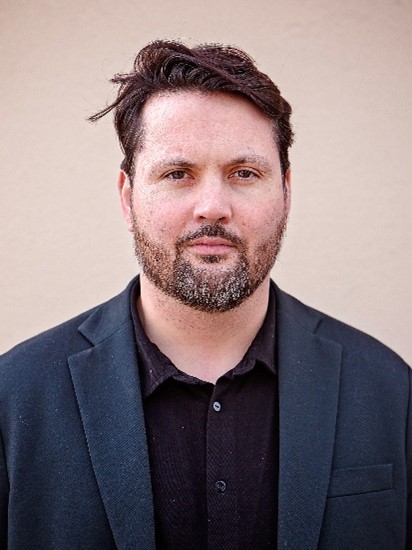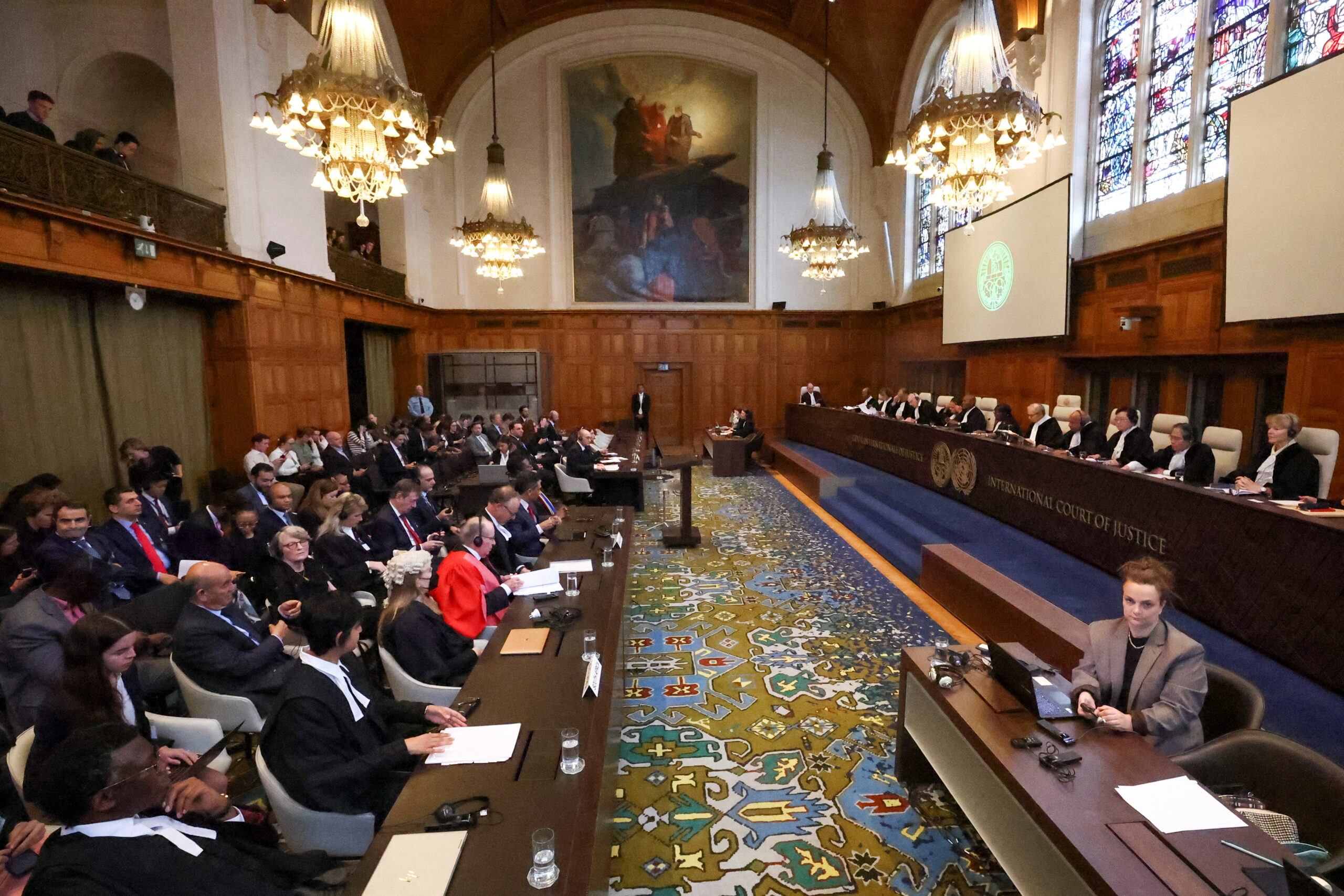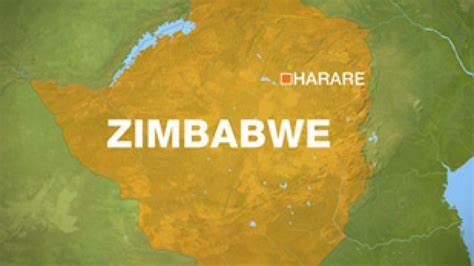Op-ed: Why Africa must support African Court of Human and People’s Rights
![Arusha, Tanzania [Al Jazeera]](https://liberties.aljazeera.com/resources/uploads/2021/06/1623312250.jpg)
Arusha, Tanzania [Al Jazeera]
The first and only pan-African court for human rights, the African Court on Human and Peoples’ Rights, was born 23 years ago today. Although its existence, let alone its impact, is little known , the court, based in Arusha, Tanzania, has made notable advances in the protection of human rights.
The court has issued 55 judgments on merits, 12 advisory opinions and has a growing docket of cases of alleged human rights violations.
From Nairobi to Kigali, Bamako to Accra, the Court has heard the pleas of people who had nowhere else to go to for redress. It has recognized violations committed by States, requested measures to stop wrongdoing and issued orders for reparations. In some cases, it has ordered or advised States to change their legislation to ensure protection of human rights.
The issues that can be brought to the Court are as diverse as the challenges people in Africa face in their daily lives. The Court has, among other things, dealt with and elaborated the right to justice and to fair trial in criminal matters, the right to freedom of expression, the right to nationality, the right of women and girls to be at least 18-years-old to consent to marriage, the right of indigenous communities to protect their land, wealth and cultural life, the right to dignity and to liberty of those targeted by ‘vagrancy laws’.
While the creation of this regional court represented remarkable progress for the African human rights system, there was a catch right from the start: African states limited the oversight of the Court by restricting access through a two-tiered system of state membership. Firstly, States would need to ratify the Protocol to the African Charter on Human and Peoples’ Rights on the Establishment of an African Court on Human and Peoples’ Rights (African Court Protocol), which only allowed for indirect access to the Court via the African Commission on Human and Peoples’ Rights (Banjul Commission). As of June 2021, 31 of the 55 African Union (AU) member states had ratified the Protocol.
Secondly, for a case to be brought before the Court by individuals or Non-governmental organizations (NGOs), States must also make a special declaration, commonly referred to as the “34(6) declaration”, allowing for such direct access. As long as a state party to the Protocol does not make this declaration, cases against such state can only be referred to the African Court by the Banjul Commission or other States – and this very rarely happens.
‘Worrisome trend’
Unfortunately, more than 20 years later, States are still dragging their feet in making these declarations. Today, only six out of the 31 States parties to the Protocol allow such direct access to the Court by individuals and NGOs: Burkina Faso, Gambia, Ghana, Malawi, Mali and Tunisia.
There is an even more troubling development. In the space of just four years, between 2016 and 2020, four states that had previously filed these declarations withdrew them, all in reaction to Court decisions that did not please them. Rwanda withdrew its declaration in 2016 and Tanzania followed three year later. In 2020, both Benin and Cote d’Ivoire also withdrew their declarations.
This trend is particularly worrisome, not only because these States are taking back a crucial judicial recourse which they had already granted to people, but because they are undermining the work and legitimacy of the only pan-African judicial institution they themselves established.
As the host country of the African Court, Tanzania’s decision to withdraw its declaration had an especially bitter taste. The new president Samia Suluhu Hassan recently reiterated the country’s “full support for the continental court”, adding that her government fully stands with the Court’s work and appreciates its efforts at strengthening human rights across Africa. But with the decision to bar individuals and NGOs from accessing the Court still standing, this commitment rings hollow.
Time will tell if President Hassan’s words will be followed by action and whether her government will overturn its withdrawal and ensure individuals enjoy direct access to the one and only regional human rights Court.
Today as we celebrate the African court’s anniversary, let us remind our leaders that it is not just a pan-African human rights system that is facing existential crisis, but also the very foundational vision of an AU created to promote and protect human rights. Twenty-three years is a long wait. It’s time for all AU member States to ratify the African Court Protocol and deposit declarations allowing direct access to the Court and to stop paying lip service to human rights.
Netsanet Belay is research and advocacy director at Amnesty International.


